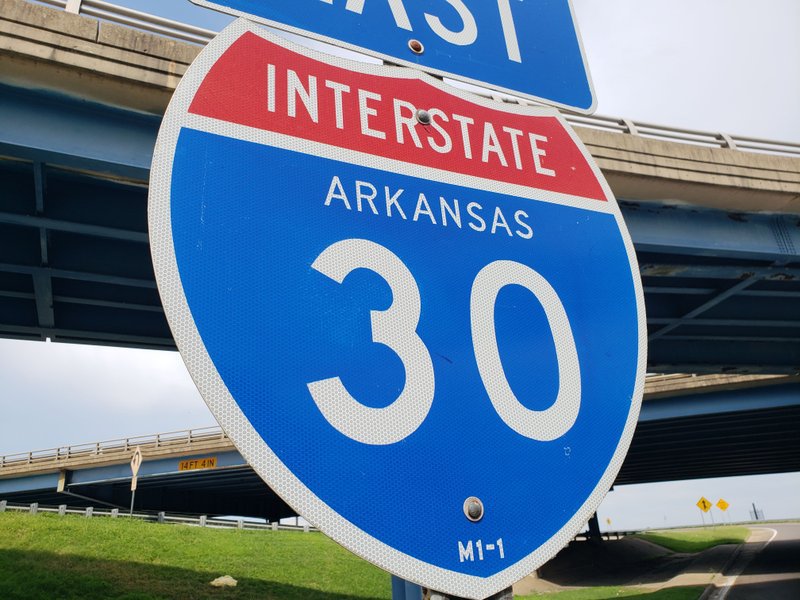The 8th U.S. Circuit Court of Appeals in St. Louis on Thursday rejected another bid to stop the 30 Crossing project for now.
The court denied a motion by opponents of the nearly $1 billion project to remake the Interstate 30 corridor through downtown Little Rock and North Little Rock to expedite their appeal of a lower-court ruling in their lawsuit seeking to delay the project until a more detailed environmental review can be conducted.
The court also denied a request for an injunction while the appeal is pending.
"The motions to expedite the appeal and for an injunction pending appeal are denied," the appeals court said, providing no basis for its decision in the one-sentence order.
"They don't have to give a reason," said Richard Mays, the Little Rock attorney who is representing several downtown Little Rock neighborhood groups and residents.
The order came in an appeal lodged by downtown neighborhood groups and residents led by the Little Rock Downtown Neighborhood Association. They are appealing a Sept. 3 order by U.S. District Judge James Moody Jr. denying their bid to immediately stop construction on the project until a more comprehensive review of the project's environmental impacts has been performed.
In a lawsuit filed last year, they said the environmental assessment the Arkansas Department of Transportation prepared was inadequate considering the scope and cost of the project to remake and widen the 6.7-mile corridor through downtown Little Rock and North Little Rock.
The project also includes replacing the bridge over the Arkansas River, improving a part of Interstate 40 between I-30 and U.S. 67 in North Little Rock and making portions of the route as wide as 10 lanes.
The project is the most expensive the state Transportation Department has undertaken, and, with the convergence of six major roadways in the corridor, also the most complex. Planning for the project began in 2014.
In the appeal, the plaintiffs argued that they would suffer irreparable harm if the project proceeded while on appeal; that the project required an environmental impact statement, which is a more comprehensive review than the environmental assessment the Transportation Department used; and that the review ignored the impact the project would have on minority and low-income populations.
The defendants in the case, the Transportation Department and the Federal Highway Administration, argued the plaintiffs failed to demonstrate irreparable harm or that they are likely to succeed on the merits before the appeal is decided.
"In sum, Plaintiffs have not come close to making the requisite clear showing that they are likely to succeed on the merits," attorneys for the agencies said in a brief filed Monday.
Mays said Thursday that he will continue to pursue the appeal on a motion for a permanent injunction. The case still is scheduled for a final hearing before Moody on Oct. 20.
